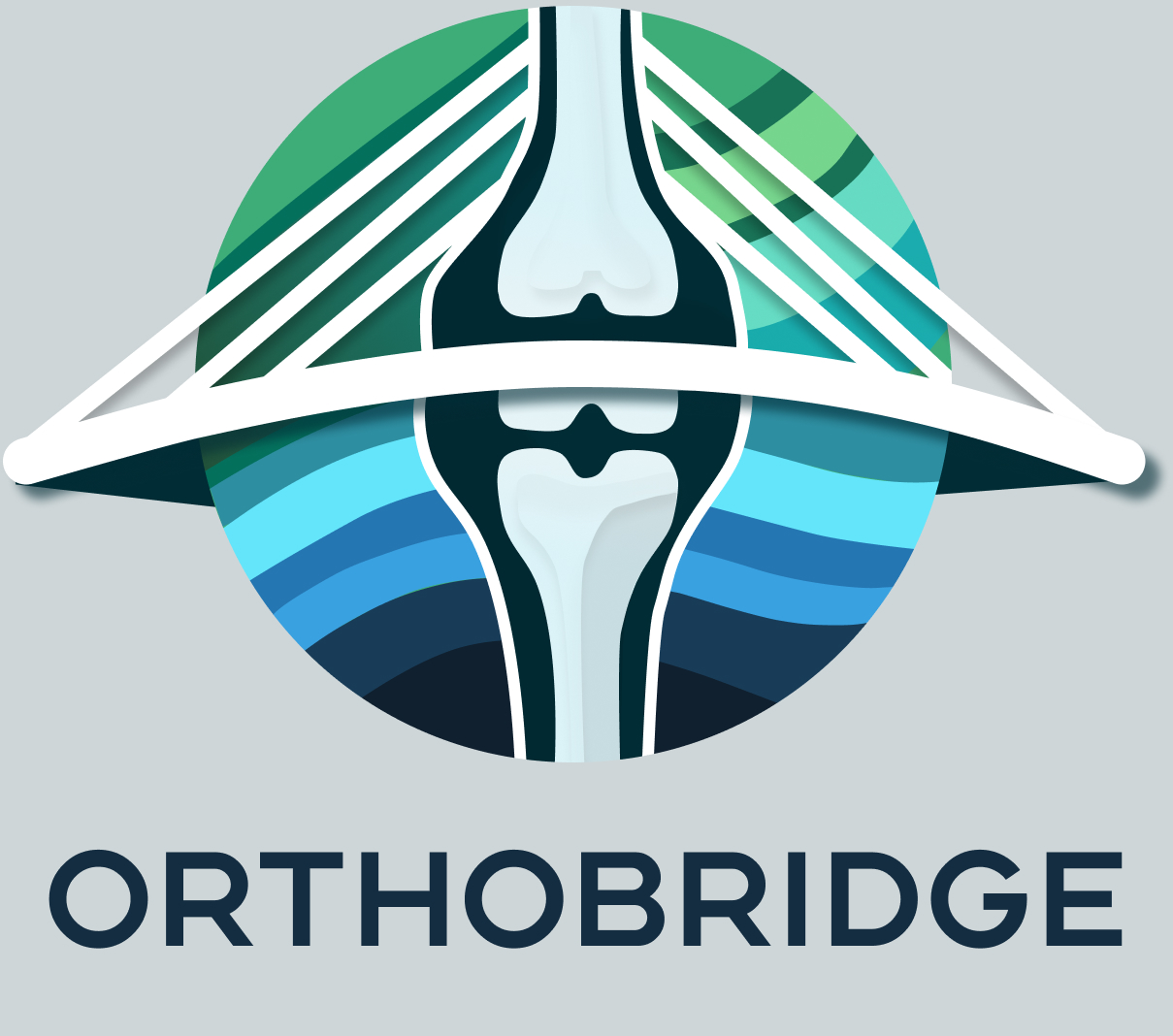Swimmers Shoulder
Learn more about some common hip fracture here we treat at Orthobridge Orthopedic Centre.
Swimmers Shoulder Treatment In Nairobi.
Swimmer’s shoulder, also called shoulder impingement, is a condition where swimmers often aggravate their shoulders while they swim due to the constant joint rotation.
Your shoulder is an extremely mobile joint and because of this, it needs to be well supported by the ligaments and muscles surrounding the joint. You can overwork your ligaments and muscles with things like:
- Poor technique
- Over-training
- Fatigue
- Previous shoulder injury
- Hypermobility
- Use of too large hand paddles

If you continuing doing this, certain injuries can occur like:
- Rotator cuff tears
- Ligament and capsule damage
- Tendonitis and rotator cuff impingement
- Bursitis
- Cartilage damage
You can rotate your shoulder many times (thousands) in just an hour by simply swimming freestyle. This repetitive movement tires out your rotator cuff muscles and being positioned improperly will cause your surrounding tissues and muscles to rub against one another.
SWIMMER’S SHOULDER SIGNS
A common sign of swimmer’s impingement is pain radiating along the back of your shoulder that feels like it’s deeply set in your muscles. In some cases, you may also experience pain along the front of your shoulder.
Repetitive overhead reaching, like with swimming, can increase this pain. The longer you swim during one period, the worse your pain will become. When this occurs, it’s referred to as shoulder tendonitis which is tendon inflammation of your biceps and supraspinatus shoulder muscles.
Since you have different parts of your shoulder you can injury when performing a swimming stroke, you may experience a range of pain anywhere from local pain close to your shoulder joint to pain traveling up your neck and shoulder or down your arm.
SYMPTOMS OF SWIMMER’S SHOULDER
The most common swimmer’s shoulder symptoms include:
- Reduced range of motion in your shoulder compared to your other shoulder.
- Increased joint laxity than with the other shoulder.
- Reduced strength when compared with your other shoulder.
If you’re experiencing shoulder pain while swimming, you should consult with a shoulder expert as soon as possible to avoid the problem from becoming worse stop swimming and rest your shoulder to help reduce the inflammation.
However, due to the nature of swimming, all swimmers can develop imbalances in the muscle where the internal rotators and adductors of the arm over-develop. This can leave a weakness of the scapular stabilizers and external rotators, unfortunately, because they’re not being used as much.
As a consequence, the poor technique and/or muscle imbalance overuse can lead to anterior capsule laxity. These all peak and enable the humeral head to move up and forward which compromises the subacromial area, causing impingement/irritation.

Swimmer’s Shoulder Treatment
More often than not, the treatment for impingement syndrome is nonsurgical and involves both swimmer’s shoulder stretching and physical therapy to strengthen the shoulder and regain mobility. If the impingement is severe, there are significant tears in your rotator cuff or your orthopedic shoulder specialist discovers nerve damage, surgical options may be warranted.
If you have any questions about swimmer’s shoulder or any other orthopedic injury and would like to talk to one of our orthopedic surgeons, please don’t hesitate to contact us.

How is swimmer’s shoulder diagnosed?
To properly diagnose any type of shoulder pain that does not resolve on its own or is negatively affecting your performance, sleep or everyday activities, you should see an orthopedic shoulder specialist in your area.
During your visit, your doctor will conduct a physical exam to understand the location, radiation and timing of your pain, test joint mobility and muscle strength and discuss any changes in your training or activities that could have caused shoulder impingement.
Depending on the results of this exam, your doctor may order further imaging – such as an X-ray to rule out anatomical causes and/or an MRI to see your shoulder’s muscles, tendons, ligaments and rotator cuff.

